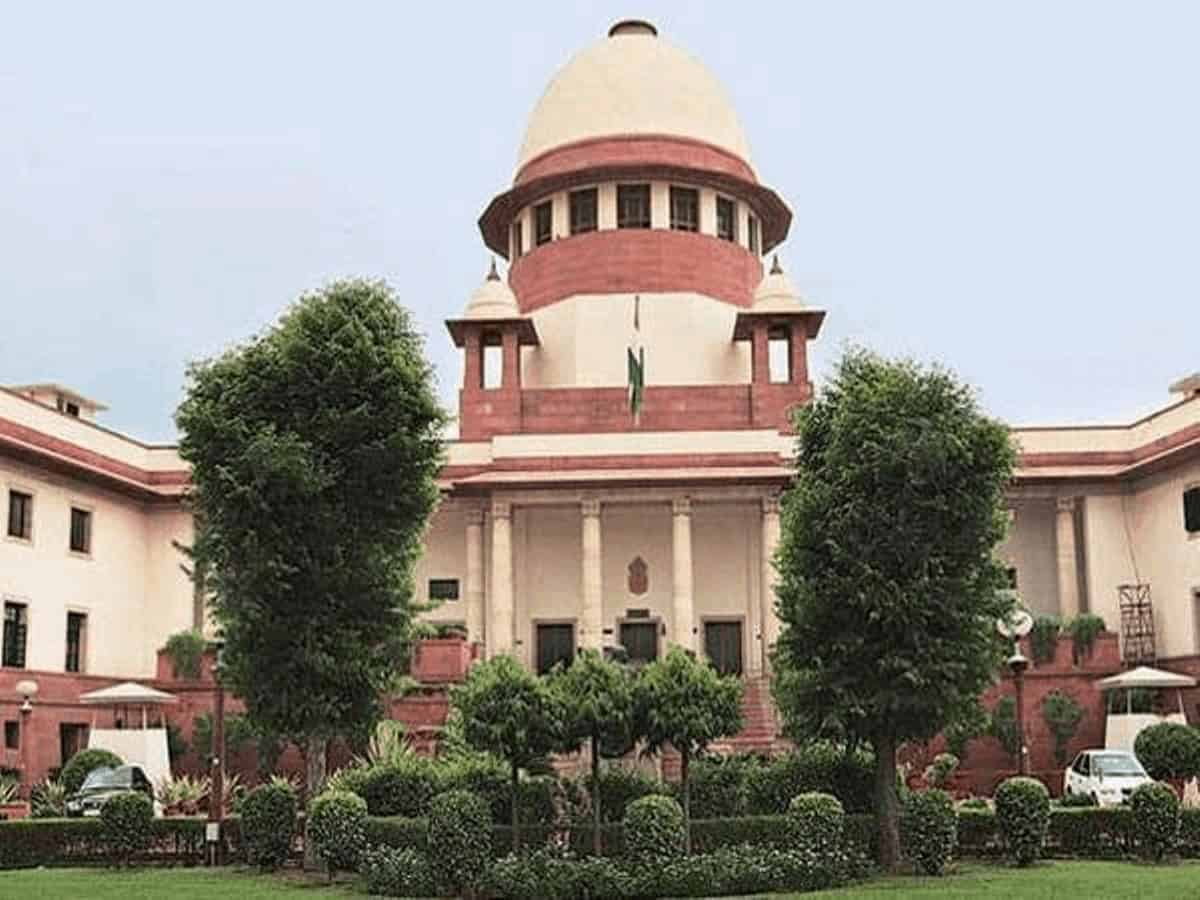New Delhi: The Supreme Court will hear around 144 petitions on Wednesday related to the Citizenship Amendment Act (CAA), including petitions challenging the constitutional validity of CAA and transfer petitions filed by the Central Government.
Popular Front of India (PFI) national secretary Anis Ahmed has also filed a PIL in the Apex Court challenging the new legislation, which triggered protests across several parts of the country.
A Bench of Chief Justice of India (CJI) SA Bobde, Justice S Abdul Nazeer and Justice Sanjiv Khanna will hear Ahmed’s petition with several other pleas against CAA listed for hearing today.
Ahmed, in his petition, challenged not only the CAA but also the amendments made to related legislation, rules and orders. He stated religion has never been a criterion for citizenship.
“However, as a result of the CAA, only Muslims run the risk of losing citizenship on account of their religion. The impugned legislation sets the criterion of religion for the purposes of granting or denying citizenship. That is not conducive to the constitutional ideals, such as justice, equality, liberty and fraternity, unity and integrity of the country,” read the petition.
Anis Ahmed stated that the CAA is “wholly destructive, divisive and dangerous to the harmonious living of the citizens of India”.
The PIL also states that “The Articles 2, 3, 7, 15 and 18 of Universal Declaration of Human Rights (UDHR to which India is a party, mandates that there shall not be any discrimination on the ground of religion.”
“Unfortunately, the impugned legislations are wholly unjust, arbitrary, discriminatory, and unconstitutional and against the international Declarations/Covenants adopted by the United Nations Organization, wherein India is a member,” read a press release by PFI.
The PIL also sought to declare Rule 4(1)(ha) of the Passport (Entry into India) Rules 1950, para 3A of the Foreigners Order, 1948 and the CAA as “unconstitutional and to strike down those legislations”.

